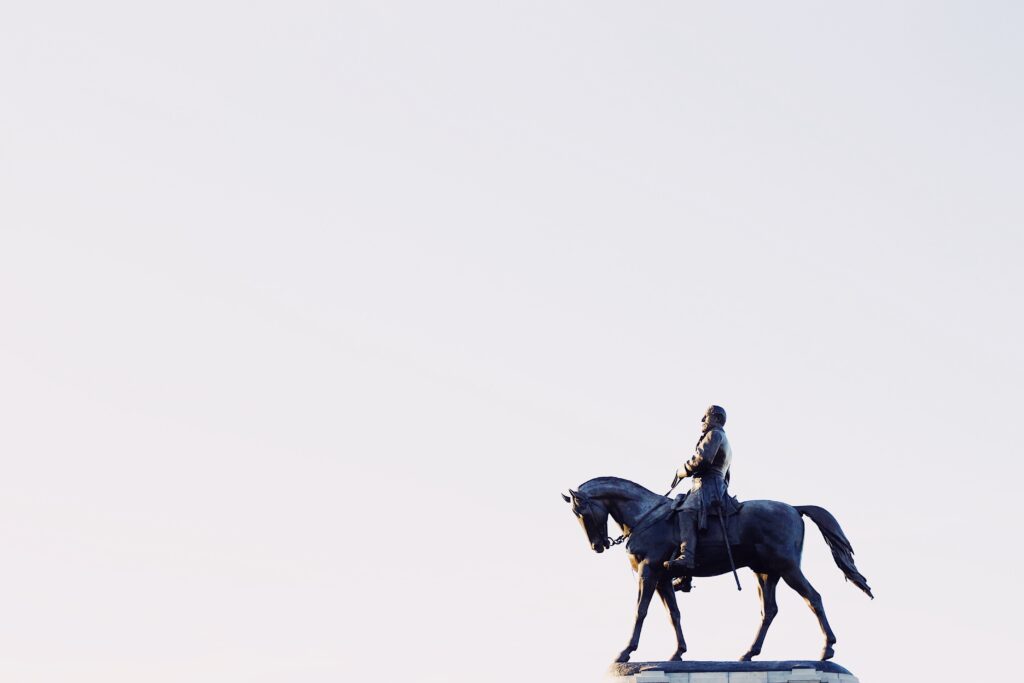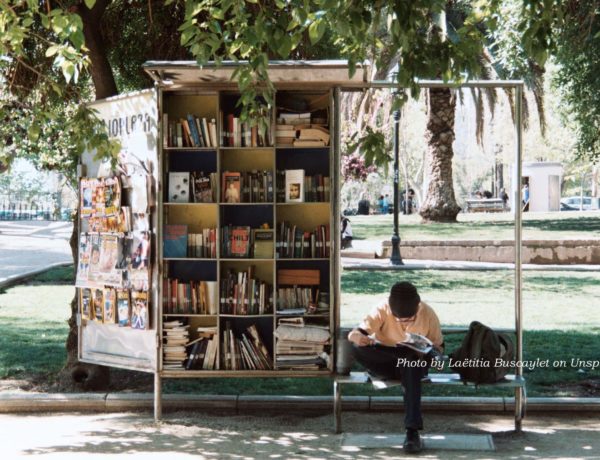Originally published November 5, 2014
A breeze swept through the plaza as the old man sat on the bench and spread his bread before the pigeons. Clustered around him or flapping up to the bench near him, the birds cooed and scratched, searching for each crumb. All too soon the bread was gone. The old man stood, brushing final crumbs to the birds and slowly walked away.
Amy stood by the statute of some forgotten hero sitting on his horse. Both rider and horse were green with time and covered with the evidence of many a bird visit. Amy had watched the old man for days. She had grown up in this tiny village and knew everyone by sight. But not him. How had a stranger, one so obviously bent and forsaken, ended up here? In a tiny off-the-path village? She had no idea where he stayed or where he had come from. Too shy to approach him, she watched for any clues. This was going nowhere she would have to come up with a way to approach him.
The next day she hurried to the plaza in hopes of arriving before her target. Buzzing with curiosity and a little bit of fear, she sat on the bench and opened a sack with bread. Hesitantly, she began to feed the birds. Using the bread sparingly to make it last, she waited. Just as she was about to flee to the safety of the green horseman she heard steps approaching.
Swallowing hard she looked up to see just who it was she had come to think of as “the bird man.”
He wasn’t old. At least, well, not any older than her father. But he did look tired. He hesitated only a moment and with a small, momentary smile, took a seat on the same bench. Methodically he took the loaf he had brought with him and began to feed the birds.
Now, what? She sighed, “Who—who are you?”
He moved a pigeon off his knee and turned to face her on the bench. “Can you tell me why you decided to approach me?”
Amy thought. “I think it’s because you seemed to belong here but I had never seen you. It just seemed odd.” She looked down at the pavement where the birds were pecking and cooing at her feet.
“What do you know about the history of the plaza?” He asked in a gentle tone.
“Not much, really. I guess I never thought about it.”
“Not all that long ago, perhaps when your father was somewhat younger than you, something happened in this plaza that changed the town forever.”
Amy shook her head. She could think of nothing she had heard about that would have changed the town she grew up in.
He shook his head. “Then it was time I returned.”
Startled, Amy looked at him. “I do know you, I just can’t remember from where!”
“You see me every day,” he said so softly she barely heard. Slowly he pointed at the statute in the center of the plaza. “Perhaps you should read the plague.”
Amy slowly stood and walked toward the green horseman. She tried to remember if she had ever read the thing, or if it was just part of the furnishings of life in this tiny, backwater town. For possibly the first time she could remember she looked up at the face of the rider. Jaw agape, she spun around to look back at the man on the bench. He had vanished. He was nowhere to be seen. She turned again to look at the face of the not-old, old man sitting atop his steed. Composing herself, she began to read.
June 4, 1939
On this date, John Winthrope of Winthrope Estates, road his horse into the plaza. He stopped at the bench where a woman who had fled the St. Louis on a life boat tightly held her child. The crowd filling the plaza was demanding that the sheriff turn her over to authorities. Mr. Winthrope stepped down from his horse and lifted her into the saddle. He led the horse back through the plaza, remounted with the woman and returned to his estate. Two weeks later she died of tuberculosis. Mr. Winthrope had her diary published in the local paper. It was with great remorse that the town accepted responsibility for her burial. In September Mr. Winthrope left for Canada to join the war against Germany. He left the child with a local couple against his return; but he never came back. The child became one of us. One to remind us of the unknown consequences of our harsh decisions to keep others away.
Amy began to shake as tears rolled down her eyes. She looked again at the man on the horse and knew he had once more visited the bench in the park. She may not have known the history of the town, but she did know that her father was adopted. And now she knew why he maintained the little church as a nondenominational community center. No, she would not be leaving this tiny little town. There was much to do to welcome a new generation of people in need, people “not like us.”



No Comments